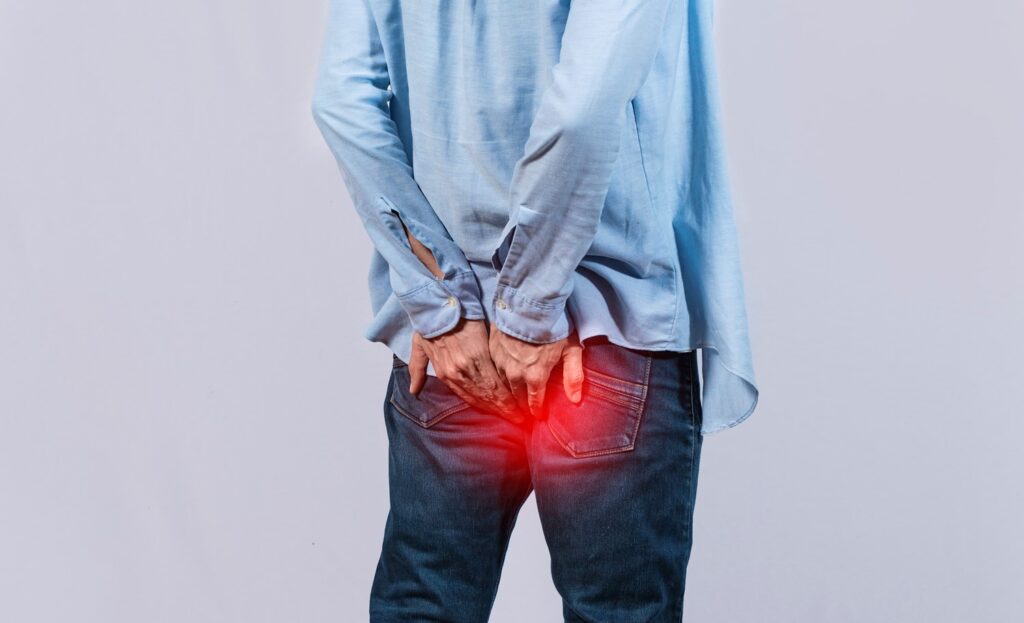Imagine biting into a delicious scoop of ice cream on a hot day. But then, ouch! My tooth is painful from the cold. This is a common situation many experience with sensitive teeth. Globally, tooth sensitivity affects millions, interfering with everyday joys. Drinking hot tea or enjoying cold desserts becomes a challenge.
Understanding the causes of a sensitive tooth is key to managing and reducing discomfort. This knowledge helps in diagnosing the sensitivity and finding suitable remedies. Our aim here is to empower you to manage your sensitive tooth effectively, enabling you to regain comfort in everyday life.
Tracing the Roots: Understanding the Causes of Tooth Sensitivity
Tooth sensitivity occurs when the bared surfaces of your teeth feel uncomfortable. It might cause sharp pain with cold air, hot drinks, or sweets. If my teeth hurt upon such contact, it signals sensitivity.
Common Causes:
- Enamel Erosion: The hard exterior of teeth, known as enamel, wears down with time. Without its shield, your teeth grow more sensitive.
- Gum Recession: Gums protect the roots of teeth. As gums recede, teeth become exposed, leading to sensitivity.
- Dental Procedures: Recent work like fillings or cleanings can leave teeth sensitive for a while.
- Bruxism: Teeth grinding or jaw clenching wears enamel away, causing sensitivity.
Cultural Factors in India:
– Spicy Foods: Many traditional Indian dishes are spicy. Excess spices might irritate gums and affect enamel. – Dietary Habits: High consumption of pickles or acidic foods can wear enamel, worsening sensitive tooth problems.
Understanding these sensitive teeth causes can help in finding the right approach to manage them.
Daily Habits & Their Impact on Tooth Sensitivity
Daily habits in India, particularly dietary, can affect tooth sensitivity. Most common are spicy foods or pickles, notorious for affecting enamel. To combat this:
- Opt for more balanced meals to minimize sensitive tooth issues.
- Introduce yogurt, milk, and cheese to your diet which are good for oral health.
Be Careful with Beverages:
- Drinking extreme hot or cold drinks can trigger sensitivity.
- Use straw with cold drinks to bypass sensitive teeth.
Misconceptions in India:
- Brushing roughly doesn’t clean better; it hurts gums. Using a medium-bristle toothbrush and not brushing too hard can help.
Remaining cautious with these small changes can manage the trigger of sensitive teeth causes.
Preventive Measures and Managing Sensitivity
Preventing tooth sensitivity starts with gentle care. Here’s how:
- Use a soft-bristled toothbrush and brush gently.
- Invest in toothpaste designed for sensitive teeth. It soothes nerve pain and provides relief from discomfort.
Diet Recommendations:
- Avoid highly acidic foods and beverages like lemons or colas.
- Shift to a balanced diet rich in calcium to maintain strong, healthy teeth.
Lifestyle Adjustments:
- For teeth grinding, using a mouthguard can prevent enamel wear and reduce sensitive teeth causes.
These steps not only manage but prevent further sensitivity causes and ensure your teeth remain comfortable.
Treatment Avenues & Debunking Myths
If my tooth is painful too often, exploring treatment is useful.
Home Treatment Options:
- Rinses and fluoride treatments from drugstores can help strengthen teeth against sensitivity.
- Many toothpaste brands, widely available in India, cater specifically to sensitive teeth.
Debunking the Myths:
- Some believe sensitivity signals poor hygiene; this isn’t always true. Sensitive tooth could be due to several reasons such as dietary habits or enamel conditions.
Understanding and addressing these myths keeps your dental health informed and proactive.
The Bigger Picture: Why Early Intervention Matters
Understanding when sensitivity might indicate serious issues is crucial. Early attention prevents potential complications.
Routine dental visits are essential. They help identify early signs of conditions that lead to severity. Don’t wait until it gets worse. Schedule regular dental checkups to keep your smile safe.
In conclusion, understanding the causes of a sensitive tooth and incorporating daily care keeps discomfort at bay.

